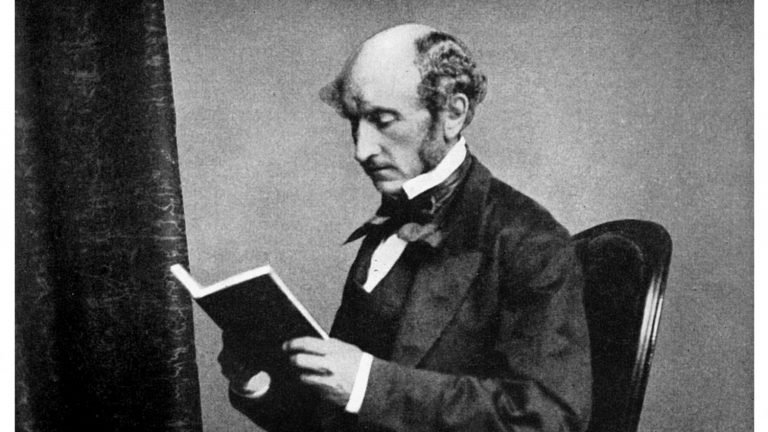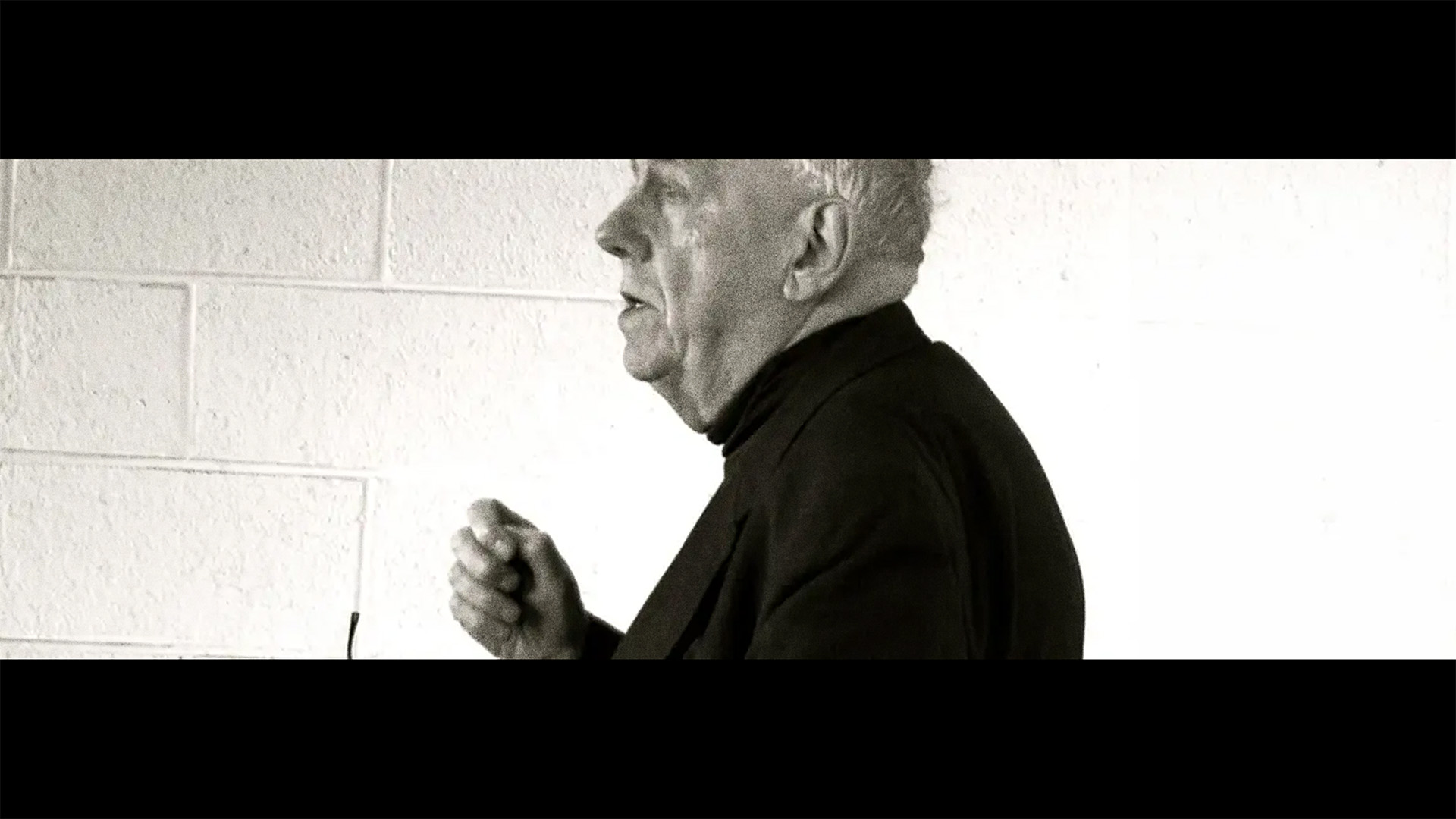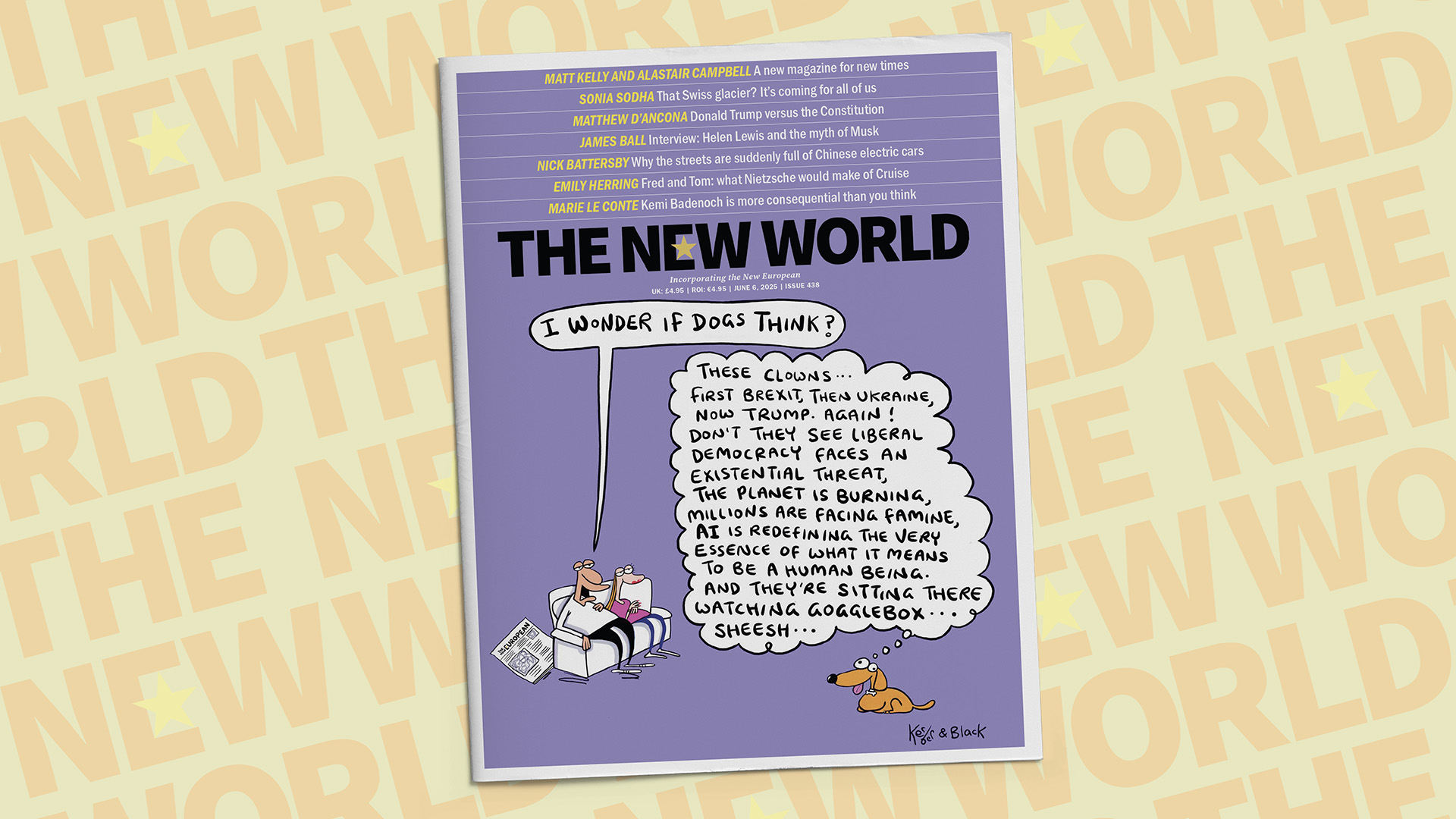In a competition for the best opening to a philosophy book, Alasdair MacIntyre, who died on May 21 aged 96, would do well. Jean-Jacques Rousseau’s “Man is born free, but everywhere he is in chains,” the line with which he began The Social Contract, would take gold. And Ludwig Wittgenstein’s “The world is all that is the case” would, to my mind, be runner-up. Both are succinct, brilliant, and memorable encapsulations of an idea. But, MacIntyre should win bronze for the opening few pages of his 1981 philosophical sizzler, After Virtue, rather than for a single line.
If the competition allowed openings of articles as well as books, the Oxford philosopher RM Hare’s first sentence of his 1979 essay “What is wrong with slavery?” would be hard to beat: “Nearly everybody would agree that slavery is wrong; and I can say this perhaps with greater feeling than most, having in a manner of speaking been a slave.”
He didn’t elaborate on that revelation. Like many survivors of horror, he was reluctant to discuss his memories. But his contemporaries knew that he’d been captured at the fall of Singapore and had been held for three and a half years as a prisoner of war by the Japanese, including being forced to work on the Burma-Thailand railway under brutal conditions.
The only comparable use of personal experience in a philosophy article I can think of is the Australian environmental philosopher Val Plumwood’s aptly named “Being Prey”. There she describes in detail what it was like to find yourself in the jaws of a crocodile intent on killing and eating you. The essay includes the line:
“I had just begun to weep for the prospects of my mangled body when the crocodile pitched me into a second death roll.”
Her unlikely survival from this attack led her to reflect on how misguided we are in believing ourselves masters of “a tamed and malleable Nature” and on the need to acknowledge our own “animality and ecological vulnerability”.
Suggested Reading


John Stuart Mill and the price of genius
MacIntyre’s winning opening to After Virtue is very different from these. Like both Hare and Plumwood, though, he was concerned to make a firm connection between ethics and lived experience, a connection that was – and still is – oddly lacking from much academic discussion of the subject.
He’d previously written an introductory book, A Short History of Ethics, which stressed the importance of seeing ethics within its historical contexts, but it was with After Virtue that he came out with guns blazing against the Oxford armchair style of philosophising. True to his Marxist past, he argued that all enquiry is situated: standards of truth and what counts as a rational justification of it vary from one time and place to another.
The gist of his argument in the book was that post-Enlightenment philosophers act as if they are discovering timeless truths when in fact they’re always in the grip of ideology. They and their ideas are products of their time and circumstances just as all previous thinkers and thoughts have been. Philosophers should realise this and adopt a more Aristotelian approach to ethics, he argued. They should recognise that being morally good involves virtuous behaviour that embodies values tied to time, place, and circumstances, and yet which puts the shared interests of the common good for humanity at its heart.
MacIntyre’s own philosophical journey involved a conversion to Catholicism, and embracing Thomas Aquinas’s version of Aristotle. But in the first few pages of After Virtue, he sounded more like Nietzsche. His “Disquieting Suggestion” there was this. Imagine the natural sciences have undergone a catastrophe. There are riots, physicists are lynched, laboratories destroyed. Then a Know-Nothing political movement takes power and abolishes school and university science teaching and executes any surviving scientists (not so hard to imagine I hear you say).
But later there is a counter-reaction: enlightened people try to revive the sciences from the remaining fragments of theories and experiments. They reconstruct them under the old names of physics, chemistry, and biology, and people discuss these topics seriously without really understanding what they are talking about, and yet not knowing that they don’t understand. Most of the beliefs which contextualised scientific terms and theories have been lost.
MacIntyre’s bombshell was to suggest that this is the situation we are in with morality. We have been left with fragments from a different world, simulacra of morality, yet we continue to use moral terms without realising how far adrift we really are.
He was probably right about this.




